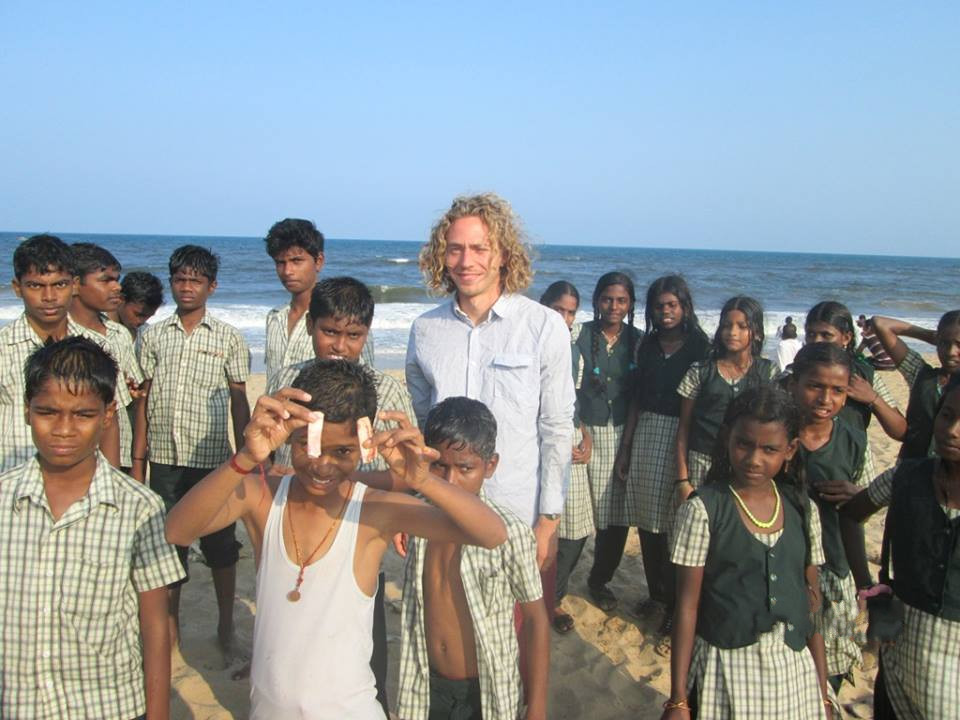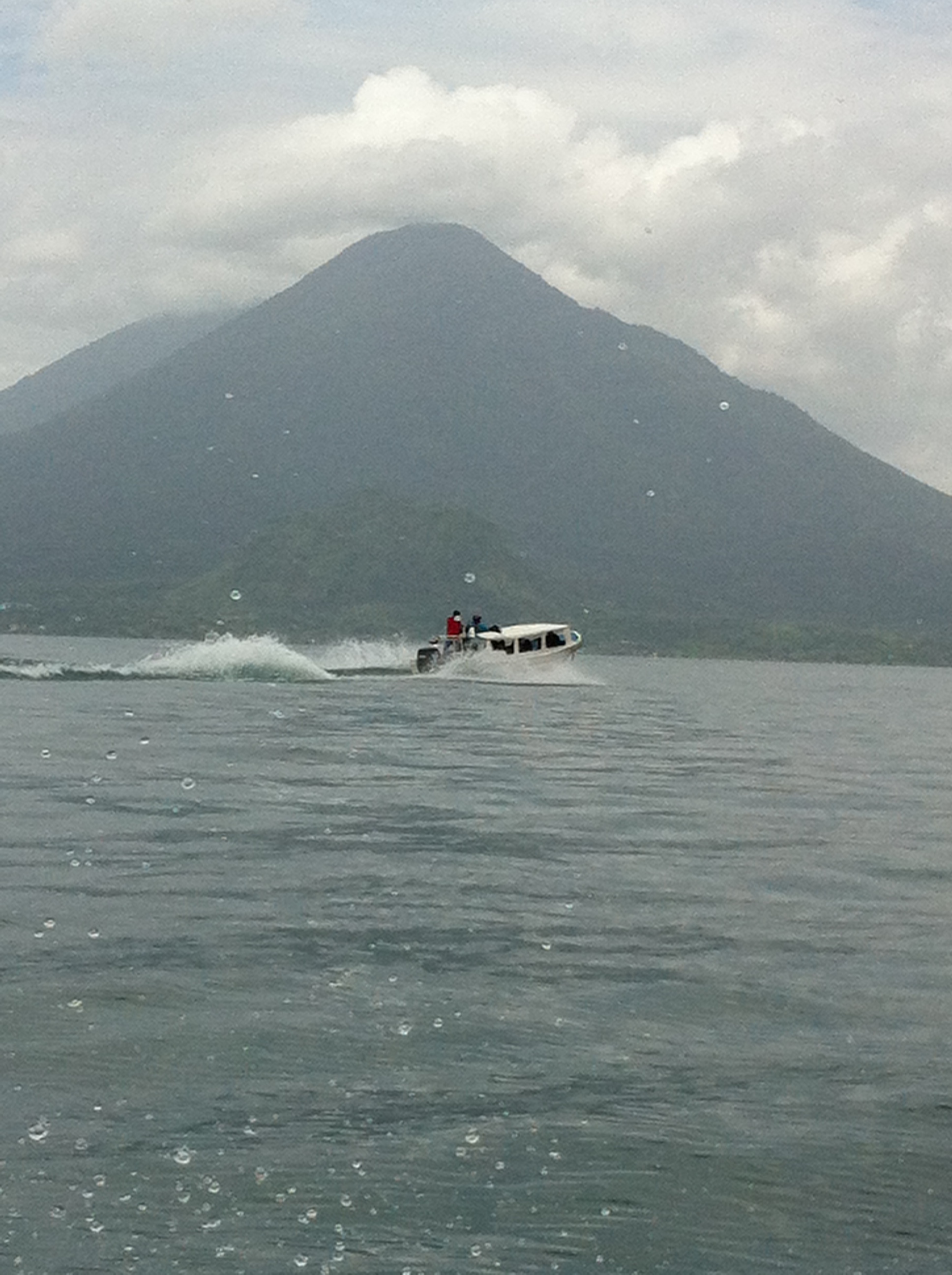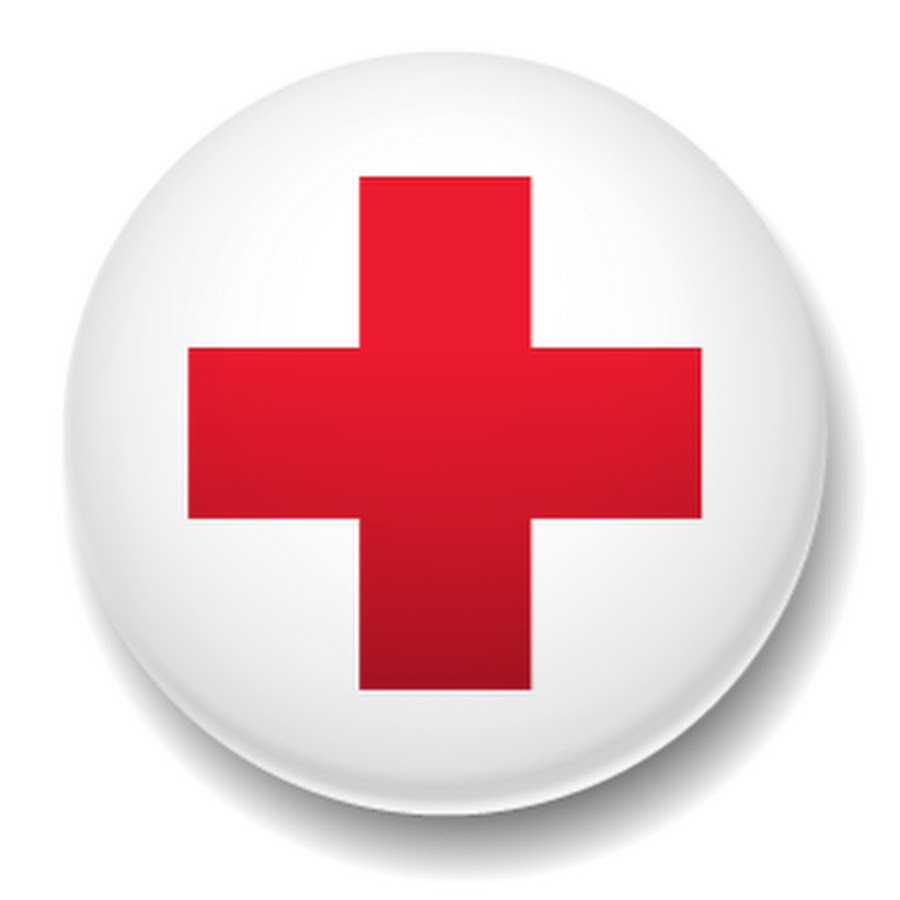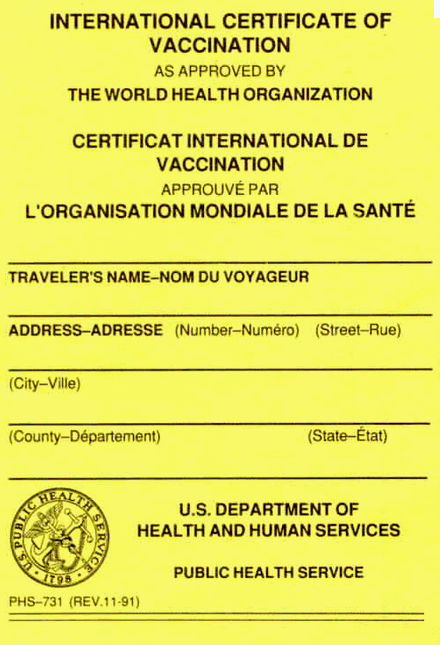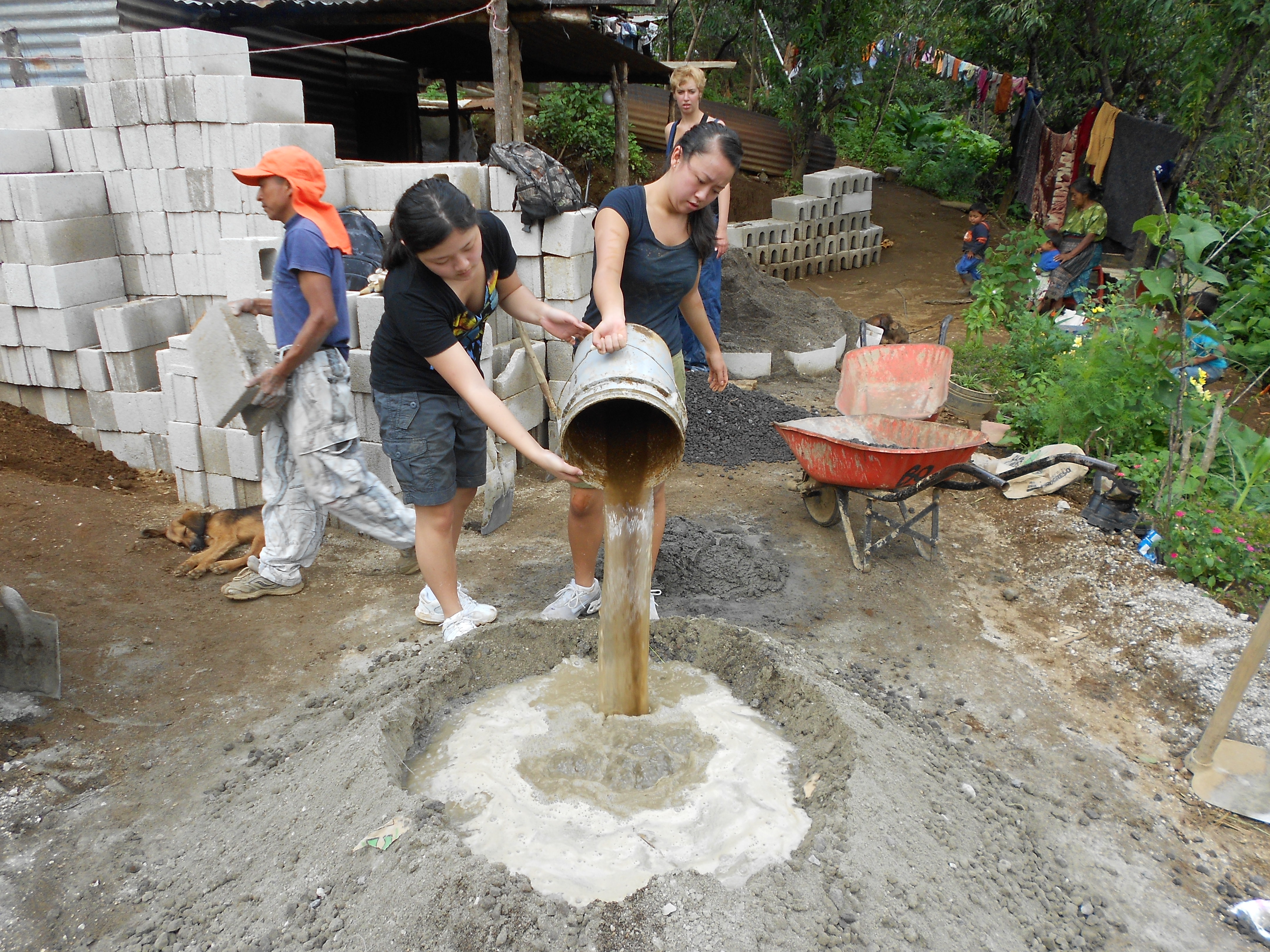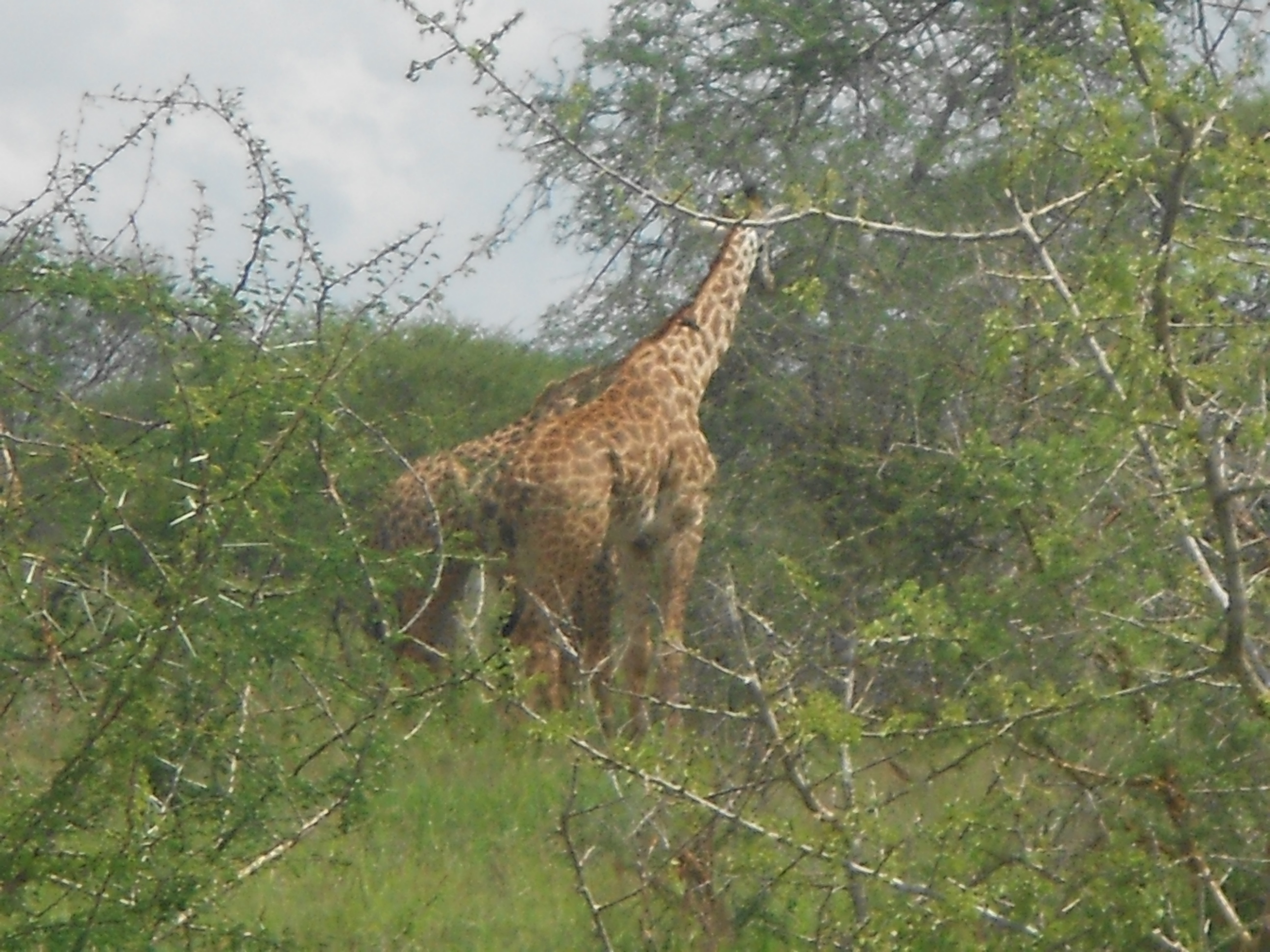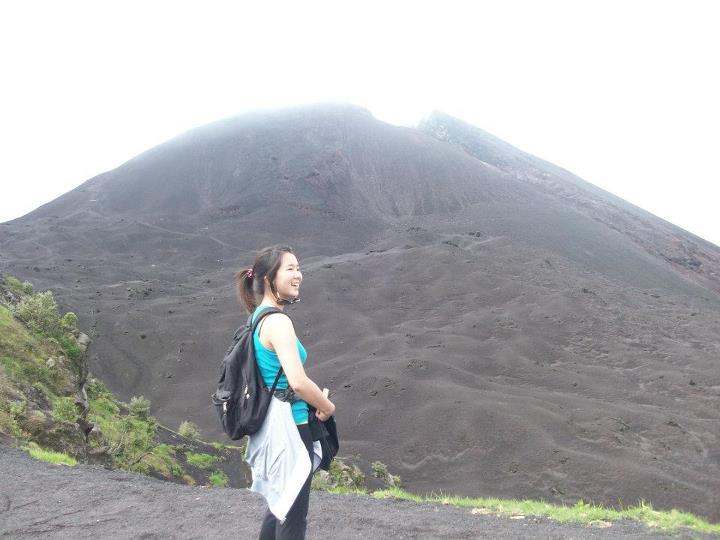Here are just a few of the important things Cosmic Volunteers does to make sure you stay healthy and safe on your volunteering program abroad:
24 hour emergency support while
Our Trip Supervisor in the host country, Staff in US, Country Coordinator, and Host Family are available 24 hours.
Safe towns and neighborhoods abroad
We have carefully chosen every town and neighborhood you’ll live in and visit with health and safety considerations in mind foremost. Our staff has lived with many of our local host families.
Prepare you for the experience
Our staff will hold pre-trip sessions covering local health, safety, and cultural knowledge and etiquette. Our Volunteer Handbook has even more detailed information. When you arrive in the host country, our local Country Coordinators will reiterate all of the health and safety information.
Hire reliable, knowledgeable local Country Coordinators. Our local Country Coordinators live in the host country full-time, are fluent in all the local languages, and are experts in hosting foreign volunteers.

